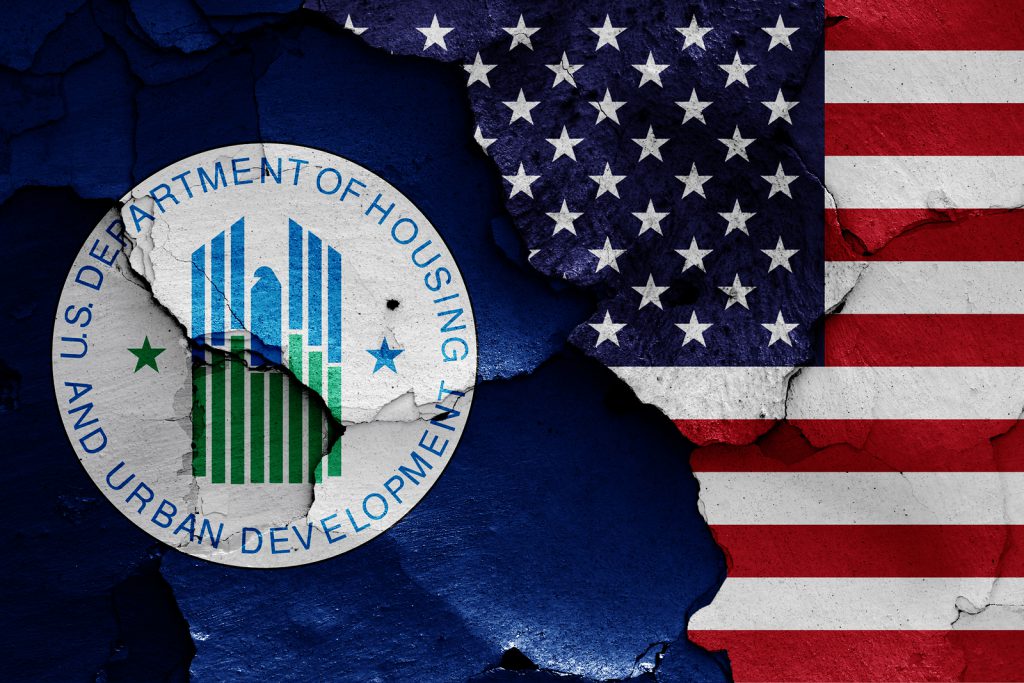Can you apply for a Home Equity Line of Credit (HELOC) on a home you are about to purchase?

Q. I have several question about mortgages and HELOC’s. We recently sold our home and have a nice nest egg of cash from the sale. We have been thinking about buying a new home as we currently rent and our rent is $1100 a month, so we know we could be using that money to build equity in a new home.
- Can you apply for a HELOC on a home you are about to purchase? If the home we are buying is $300,000 and we plan to put $200,000 down and it appraises for $325,000 instead of doing a conventional loan, could we do a HELOC and use our first draw to pay the closing costs and $100,000 we would owe? I realize it is much cheaper in interest to do the HELOC since the interest does not compound and it’s figured on a daily balance, so the savings could be substantial and the load paid off much quicker.
- Would it be financially smarter to just put 20% down on the $300,000 and keep the remaining cash and invest it? Since homes aren’t a liquid asset?
Dear Reader,
With the shrinking markets amid the COVID-19 outbreak fears in the U.S. and abroad, it’s a time to watch the markets and carefully consider your choices. Investing in real estate can help you build equity over time, which is a more appealing option than just renting. It’s not uncommon for buyers to look for ways to finance or reduce the closing costs. So you are on the right track trying to put your money to good use. However, it’s highly unlikely that you can find a bank willing to give you a HELOC for a property that you are yet to own. A HELOC, or home equity loan, is a line of credit secured by your home based on your home’s equity. But since you say the home you plan to purchase already has equity, you may be able to apply for a HELOC right after closing. Depending on the lender you work with, you will have to wait at least 30-45 days for the underwriting process to go through.
The real estate market and the mortgage lending industry are also reacting to the market’s instability. After the recent Federal Reserve 0.50 interest rate cut, HELOCs are expected to see a modest decrease in rates. The average rate for HELOCs is around 7.09%, ranging between 3.75% to 11.99%, depending on the lender, the loan amount, and the borrower’s creditworthiness. On the other hand, mortgages have been gradually decreasing since the end of January. The national 30-year fixed mortgages averaged around 3.332% APR while 15-year fixed-rate mortgages averaged 2.895%. With 30-year and 15-year mortgages averaging the lowest rates in the last couple of years, you can look into these types of mortgages and absorb the cost of closing and finance the $100,000. If you finance $100,000 for 30 years at 3.33%, you are looking at a payment of around $440 (principal plus interest), plus taxes and home insurance. Most likely, your total new payment will be lower than your current rent.
Now, to answer your second question, putting 20% down and investing the rest can be very tricky with plunging stock markets. Just putting a 20% down on a $300,000 property will increase your mortgage (principal plus interest) to about $1400, plus taxes and home insurance, leaving you with a higher monthly payment. However, I encourage you to talk to a financial advisor who can give you personalized investment recommendations based on your age, financial situation, risk aptitude, and overall goals for the future. Finding the right advisor is key. There are two types of advisors, commission-based and fee-based advisors. I suggest you work with a fee-only advisor because they work under a fiduciary standard and are legally required to keep your best interest above theirs. When you work with commission-based advisors, they will try to push their products first, even if there are more profitable options for you.
Ultimately, think about your long-term housing goals and what’s important to you, and based on that make a decision that can get you there. If you have concerns or questions about how to get there, reach out to NFCC-Certified housing counselor or a financial advisor. Keep an eye on the markets and find the right guidance to make wise choices. Good luck!
Sincerely,
Bruce McClary, Vice President of Communications
Bruce McClary is the Vice President of Communications for the National Foundation for Credit Counseling® (NFCC®). Based in Washington, D.C., he provides marketing and media relations support for the NFCC and its member agencies serving all 50 states and Puerto Rico. Bruce is considered a subject matter expert and interfaces with the national media, serving as a primary representative for the organization. He has been a featured financial expert for the nation’s top news outlets, including USA Today, MSNBC, NBC News, The New York Times, the Wall Street Journal, CNN, MarketWatch, Fox Business, and hundreds of local media outlets from coast to coast.



